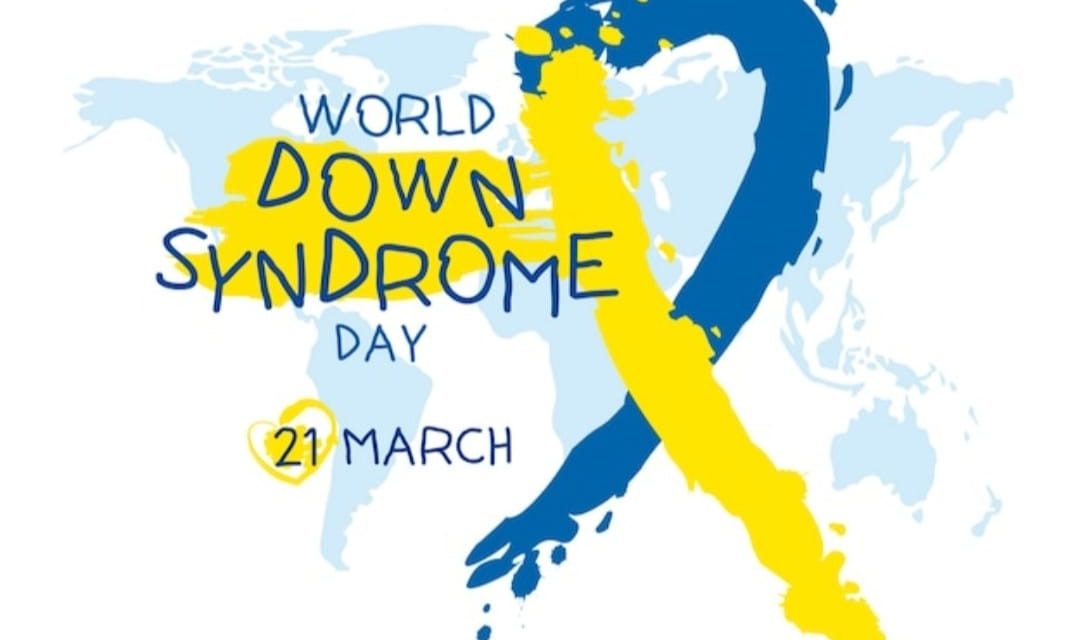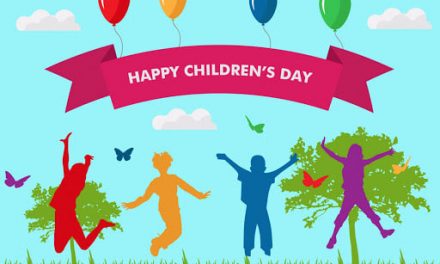Down syndrome is one of the most common genetic disorders in the world, with an estimated incidence of between 1 in 1,000 to 1 in 1,100 live births globally. Despite its prevalence, there are many misconceptions, stigmas and biases about the condition and the ability of those who live with it to enjoy normal, everyday activities. Down syndrome usually causes physical and mental developmental delays and disabilities, but with the right cultural and institutional support systems, people with the condition can thrive and lead heathy and fulfilling lives.
For people with Down syndrome, #inclusionmatters. They should be able to attend school and receive a balanced education; find decent work and function in an environment that caters to people with disabilities; and be actively involved in decision-making processes about strategies and policies for people with disabilities. When given the opportunity, they can contribute meaningfully to the community which, in turn, reaps a tremendous benefit. People with Down syndrome have become entrepreneurs, star employees, models, musicians, artists and powerful self-advocates. They hail from all walks of life, sharing their boundless skill, talent and optimism with all who come within their orbit.
Trinidad and Tobago is among the 164 signatories to the United Nations Convention on the Rights of Persons with Disabilities (UN CRPD), which in its general principles calls for “full and effective participation and inclusion in society”. We can only hope to achieve this goal if we encourage, rather than limit, people with Down syndrome and provide them the avenues and tools they need to participate in and contribute to their community and society.
World Down Syndrome Day is a golden opportunity to learn more about the full inclusion in society of persons with Down syndrome. As we rock our mismatched socks, let us do our part to empower people with Down syndrome to realise their dreams and fulfil their greatest potential.







